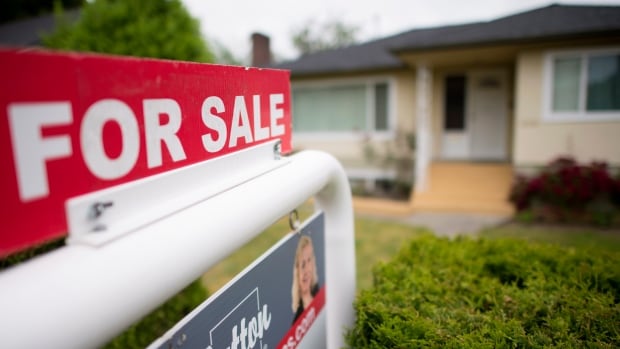It is that time of the year for the Canadian real estate fallacy again. The kind of frenzy that periodically overtakes Canadian housing. The average price for a Greater Toronto home passed the $1-million threshold for the first time in February. The selling price of a detached house jumped 23 percent compared with a year earlier, reaching $1,371,791. Nationally, the average home price in February was a record $678,091, up 25 percent.
There is some truth in that. Canada’s big cities are booming and the country’s future is bright. Rising home values are in some ways a sign of confidence and optimism – good things, we can all agree.
But, in the end, houses and apartments are just a commodity like anything else, subject to the same peaks and valleys in price that come to them all. What goes up must eventually come down. To believe otherwise is to succumb to the very human tendency to think that things will keep on going as they happen to be going at present. They don’t.
The mindset that takes hold at times like this is familiar. Seeing prices soaring, buyers rush to get into the market before they miss the boat. Speculators jump in after them, hoping to flip properties and make a few hundred thousand bucks overnight. All this demand pushes prices up even further, which causes more panic buying at stupid prices.
Real estate boosters will tell you that houses are different from other things we invest in. People live in them, you know! You can’t live in your art collection. They will tell you that Canadian homes, in particular, are capable of defying the laws of gravity. The streams of newcomers flooding into the country mean that demand for housing is sure to remain strong, and high demand means high prices.
There is some truth in that. Canada’s big cities are booming and the country’s future is bright. Rising home values are in some ways a sign of confidence and optimism – good things, we can all agree.
But, in the end, houses and apartments are just a commodity like anything else, subject to the same peaks and valleys in price that come to them all. What goes up must eventually come down. To believe otherwise is to succumb to the very human tendency to think that things will keep on going as they happen to be going at present. They don’t.
Understanding the real estate market is similar to what we do to understand other markets we evaluate over time and see where can we go from there. The issue every year is that prices tend to dance around in an unknown pattern. Uncertainty makes people run away from the investment but this uncertainty works the other way around where it attracts investors and promotes risk-taking.
Tronto has always been a public favorite area to invest money but looking at a bullish behavior during the summer run is always confusing to some investor while the risk-taker tend to enjoy this as this maximizes profits 10X in the long run.
Related
































